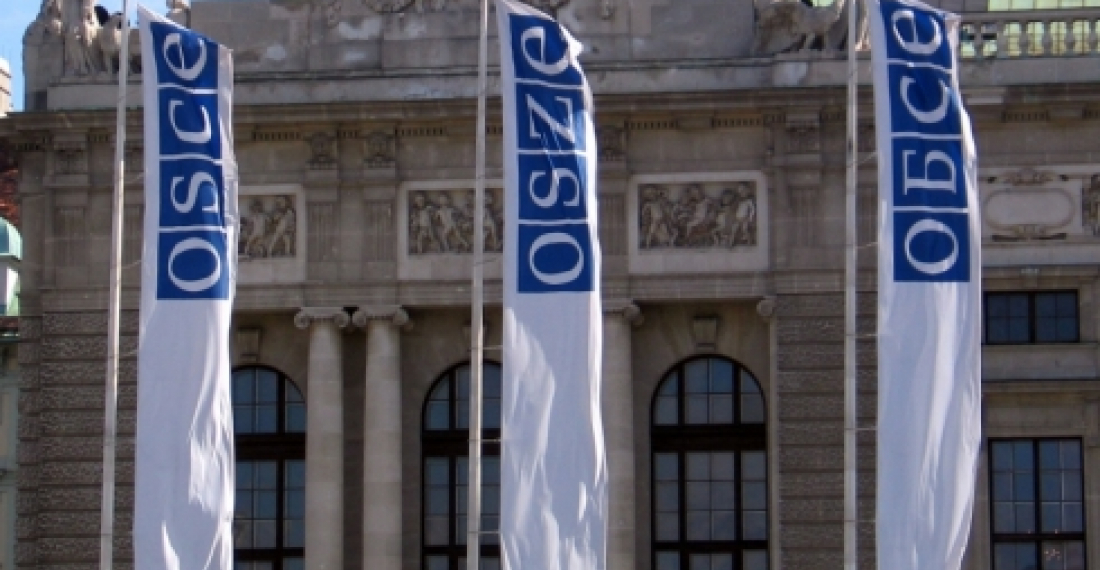OSCE observers went on a monitoring mission to the conflict zone between Armenia and Azerbaijan on Wednesday, agreed in advance with the authorities of the self-declared Nagorno-Karabakh Republic.
The mission went ahead on schedule, with no ceasefire violations reported. Observations took place along both sides of the Line of Contact, near Talish village in the Martakert region.
According to Azerbaijani media, the OSCE representatives also visited a site near the village of Eskipara, which Armenian troops hit with a banned phosphorus artillery shell at the end of April.
Ambassador Andrzej Kasprzyk, personal representative of the OSCE chairperson-in office, took part in the monitoring mission alongside several other OSCE officials.
Bako Sahakyan, president of the self-declared NKR, received Kasprzyk in Stepanakert on Tuesday. The NKR authorities said they were willing to help the OSCE in their mission and keep observers safe.
Although OSCE observers did not see any violations, both Armenia and Azerbaijan accused each other of breaking the April 5 ceasefire agreement overnight, as they have been doing continuously over the last month.
The Nagorno-Karabakh Republic’s military accused Azerbaijan of firing mortars and anti-tank grenades overnight. At the same time, Azerbaijani troops claimed Armenian forces opened fire at them overnight, using machine guns and mortars.
SOURCE: commonspace.eu and agencies
PHOTO: OSCE headquarters







